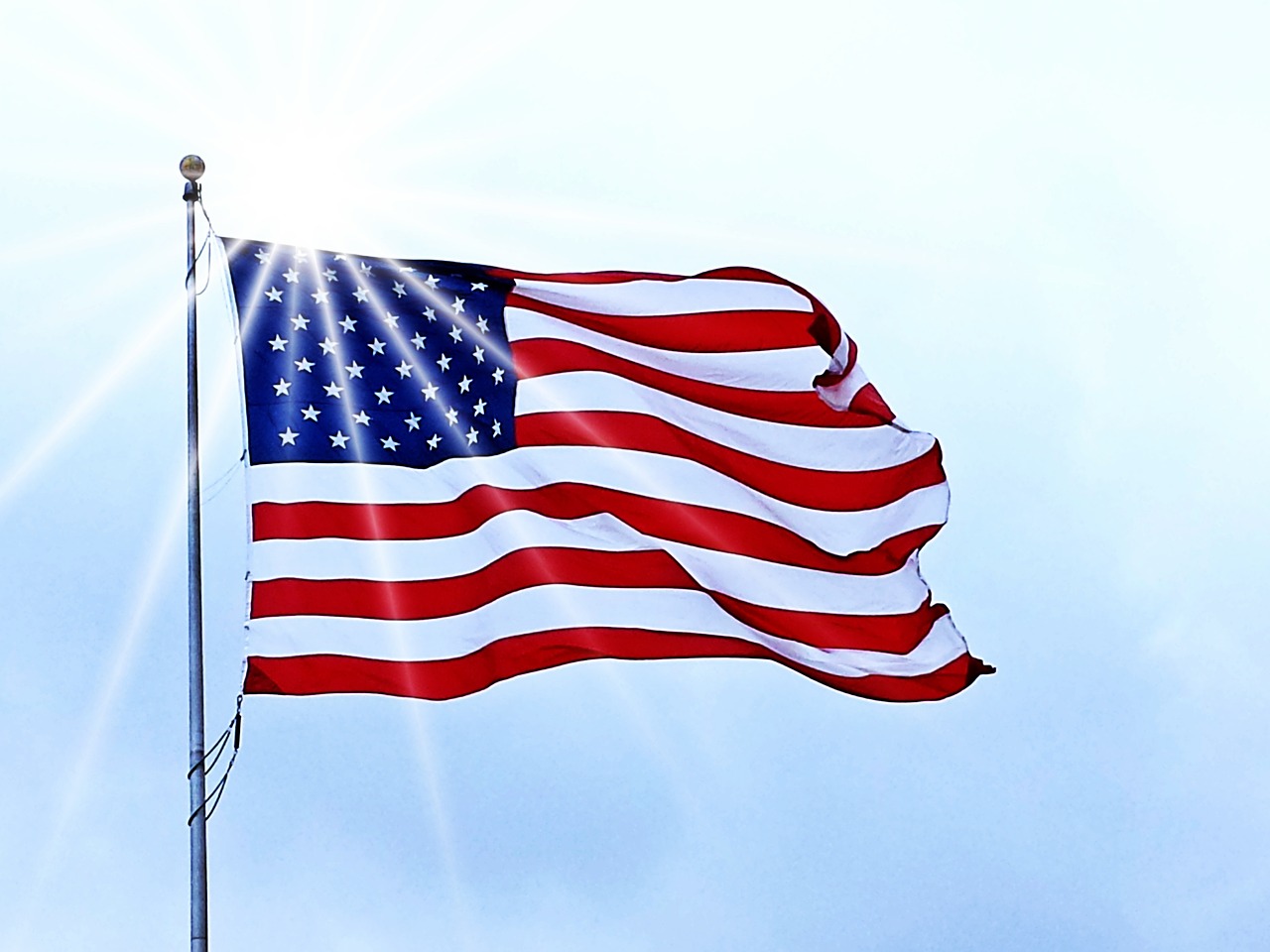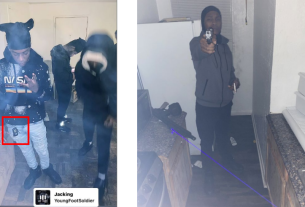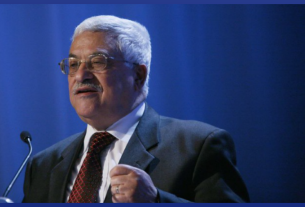In the complex machinery of U.S. government, the question of executive power has always been a point of contention. The presidency is undeniably powerful, yet the Constitution places limits on that power, ensuring it doesn’t tip into authoritarianism. This system of checks and balances — where the three branches of government hold one another accountable — is designed to prevent any one branch from seizing unchecked power. But what happens when the executive branch itself threatens the balance? That’s where U.S. departments and agencies like the CIA, FBI, DOJ, Pentagon, DHS, NSA, State Department, and Department of the Treasury come in. They have critical roles in making sure the president’s actions stay within constitutional boundaries — not as a means of obstruction, but to safeguard democracy.
In this discussion, we’ll look at how these agencies can step in if needed, drawing on historical examples of both executive overreach and the ways in which these agencies have acted to protect democratic principles. The conversation isn’t about obstructing a president or disrupting an administration; it’s about ensuring that power is exercised justly and responsibly, in keeping with the principles enshrined in the Constitution.
A Question of Balance: How Power Was Meant to Work
The U.S. Constitution doesn’t grant the president an unfettered reign. Instead, it places presidential powers within a framework designed to prevent any one branch from becoming too powerful. The legislative branch (Congress) holds the purse strings and has the power to impeach, while the Judiciary can strike down unconstitutional actions. The executive branch, led by the president, has significant power — but it’s supposed to be checked by these other branches.
The framers of the Constitution were deeply aware of the risks of centralized power. After all, the American Revolution was fought to free the colonies from a king who exercised unchecked authority. So, the checks and balances system was created to preserve liberty and prevent tyranny — ensuring that no one branch, including the executive, could act without restraint.
The Role of Agencies in Protecting the Balance
In theory, the checks and balances system relies on Congress and the Judiciary to restrain executive overreach. But what happens when those branches fail to act, or when an administration tests the boundaries of its power? This is where key agencies come in. Let’s take a closer look at how departments like the DOJ, FBI, CIA, and others might play a role in upholding this balance. Importantly, this is not about partisan politics — it’s about ensuring that the constitutional framework is respected, no matter who sits in the Oval Office.
The Department of Justice: The Legal Safeguard
The DOJ plays a pivotal role in maintaining the rule of law. The Attorney General, as the top law enforcement official, is responsible for ensuring that executive actions are lawful. The DOJ’s Office of Legal Counsel (OLC) is tasked with providing legal opinions on the constitutionality of actions taken by the executive branch. If the president or other executive officials act beyond their legal powers, the DOJ is one of the first agencies that could raise red flags.
Historically, the DOJ has been instrumental in checking executive power. For instance, during the Watergate Scandal of the 1970s, Attorney General Elliot Richardson and his deputy, William Ruckelshaus, both resigned rather than carry out President Nixon’s orders to fire the special prosecutor investigating the scandal. Their resignations highlighted the DOJ’s role in maintaining the independence of the judicial process and protecting the integrity of government institutions.
In a similar vein, if the DOJ were to feel that a president’s actions were unconstitutional, it would be within its purview to challenge those actions through the legal system — either through court cases or public statements.
The FBI: Guarding Against Corruption and Overreach
The FBI is the agency tasked with investigating federal crimes, including political corruption and abuses of power. While the FBI’s primary focus is law enforcement, its role in protecting democratic institutions cannot be overstated.
For example, the FBI played a significant role in investigating potential foreign interference in the 2016 U.S. presidential election. While this is an example of national security concerns, it also demonstrated the FBI’s ability to challenge potential abuses of power and election manipulation, even when the investigation involved powerful political figures.
In another instance, during the Truman Administration, the FBI uncovered evidence of government officials engaged in corruption, prompting investigations that would ultimately lead to public scrutiny and reform.
The FBI’s independence is crucial — without it, we could see an environment where law enforcement is used as a tool for political gain. This was the essence of the Saturday Night Massacre, when President Nixon attempted to force the dismissal of the special prosecutor during Watergate, but the FBI resisted such political interference.
The CIA and National Security: Protecting the Constitution Beyond Borders
The CIA plays a critical role in national security, gathering intelligence, and conducting covert operations. But just as importantly, the CIA must ensure that it operates within the boundaries of the law, especially when its actions involve foreign governments, covert actions, or surveillance of American citizens.
The CIA must remain a nonpartisan force in ensuring that the president does not misuse national security powers. During the Iran-Contra Affair of the 1980s, for example, the CIA was involved in covert operations to fund Nicaraguan rebels, which, when exposed, led to significant political and legal fallout. While this example showed the CIA’s involvement in executive overreach, it also highlighted the importance of robust oversight to ensure such abuses do not go unchecked.
One potential avenue for the CIA to intervene in today’s environment would be in its reporting responsibilities to Congress. If the CIA becomes aware of illegal or unconstitutional actions being ordered by the president, it has a duty to ensure that these are flagged to Congress for appropriate action, ideally before they become a political crisis.
DHS, NSA, and the Role of Oversight in National Security
The Department of Homeland Security (DHS) and the NSA are responsible for protecting U.S. citizens from external and internal threats, including terrorism and cyberattacks. Yet, these agencies must also be mindful of the potential for abuse, especially when it comes to surveillance or data collection.
Historically, there have been concerns about the NSA’s role in mass surveillance. Following the Edward Snowden leaks in 2013, there was a nationwide conversation about the balance between security and civil liberties. The USA PATRIOT Act of 2001, passed in response to the September 11 attacks, expanded surveillance powers, but also prompted debates about privacy and executive overreach. The NSA’s surveillance programs were found to have exceeded their legal bounds at times, leading to significant reforms under the USA FREEDOM Act in 2015, which limited bulk collection of data.
These agencies must be particularly vigilant in ensuring that powers designed to protect the country from terrorism do not become tools of political suppression or overreach. The DHS, for example, has a critical role in balancing national security with protecting the rights of individuals, especially in times of political unrest or civil disobedience.
The Pentagon: Military Power and Civilian Oversight
The Pentagon oversees the U.S. military, and its role in preserving democratic norms is particularly sensitive. The War Powers Resolution of 1973 requires the president to consult with Congress before committing U.S. forces to sustained combat. The Pentagon, in turn, is responsible for ensuring that these consultations happen — and that military power is not abused for political purposes.
During the Vietnam War, President Lyndon B. Johnson and later Richard Nixon faced criticism for escalating military involvement without sufficient congressional oversight. The Pentagon Papers — a classified study revealing governmental deception in the war — were released in 1971 and highlighted the importance of transparency and accountability in military decisions. This was a pivotal moment when executive power over military affairs was scrutinized, and it reinforced the need for strong oversight of military actions.
The Treasury: Protecting Economic Power
Lastly, the Department of the Treasury is responsible for overseeing the nation’s finances. When economic policies or executive actions threaten to concentrate too much power in the executive’s hands — particularly when it comes to the control of federal funds or emergency economic powers — the Treasury can serve as a check on that power. For instance, if the president were to misuse financial tools to bypass Congress’s spending authority, the Treasury Secretary would be tasked with intervening to ensure the legality and fairness of such decisions.
In the past, President Franklin D. Roosevelt’s use of emergency powers during the Great Depression prompted concerns about the limits of executive action. The Treasury Department, in this case, played an important role in ensuring that FDR’s policies adhered to constitutional and financial norms, balancing executive action with the needs of the economy.
Conclusion: Protecting Democracy from Overreach
The reality is, checks and balances don’t just happen automatically — they require vigilance, courage, and action, particularly in times when the very principles that define democracy are at risk. Agencies like the CIA, FBI, DOJ, Pentagon, NSA, DHS, and the State Department are not
simply administrative bodies. They are guardians of the Constitution — tasked with ensuring that power remains balanced and that the rule of law is upheld.
When executive overreach threatens to undermine the democratic framework, these agencies must not sit idly by. Their roles are crucial not just in law enforcement, intelligence gathering, or military defense, but in maintaining the balance of power that is the foundation of the U.S. government. By staying vigilant, acting with integrity, and providing oversight, they can help ensure that the power vested in the presidency does not drift toward tyranny — but remains, as it should, firmly in the service of the people.
References:
- U.S. Constitution, Article II: The Executive Branch.
- Watergate Scandal: Nixon, the DOJ, and the role of Elliot Richardson and William Ruckelshaus.
- The Pentagon Papers, 1971 — U.S. government deception in the Vietnam War.
- Edward Snowden and the NSA surveillance revelations, 2013.
- USA FREEDOM Act (2015) and reforms to NSA surveillance practices.
- Franklin D. Roosevelt’s Emergency Powers during the Great Depression.



